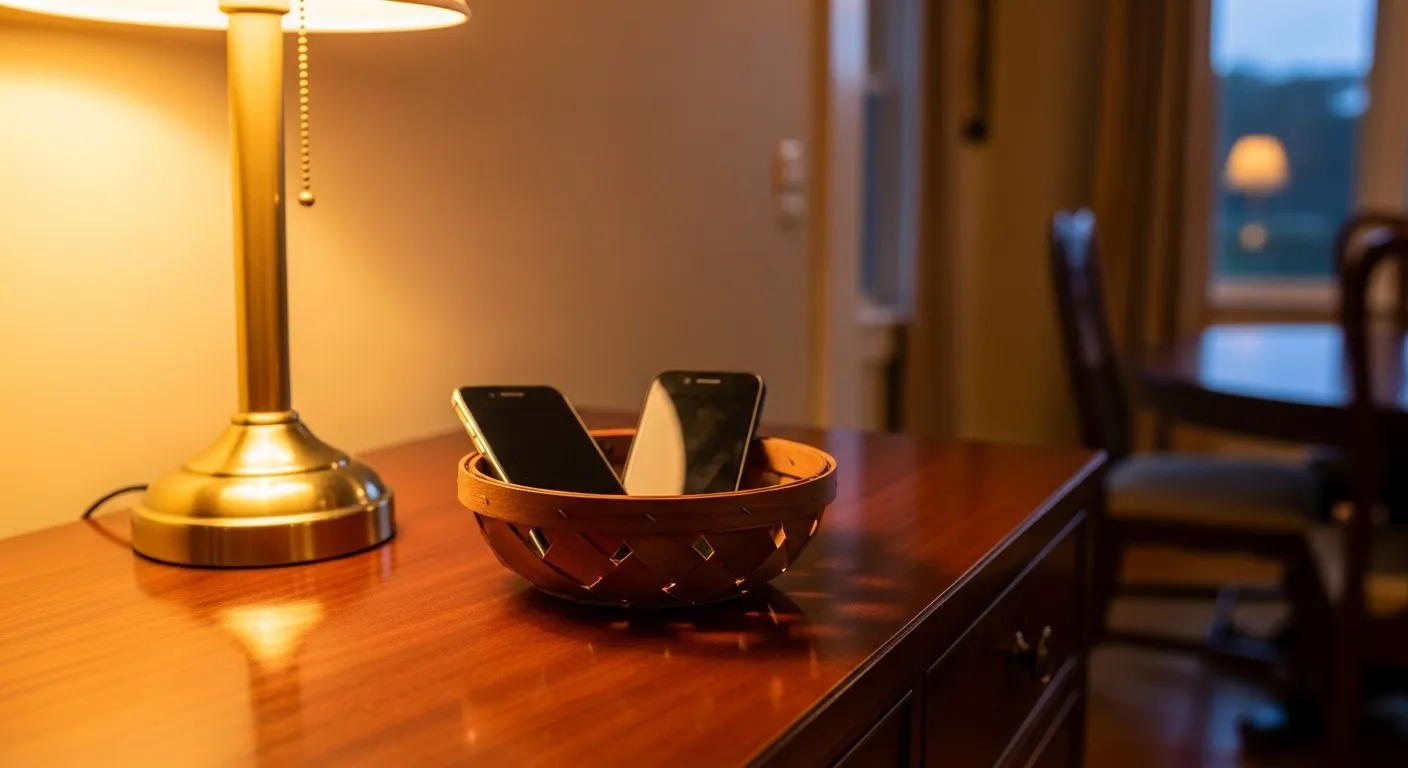
Navigating the Bumps in the Road
Embarking on a journey toward healthier tech habits is not a linear path. There will be moments of relapse, feelings of anxiety, and social hurdles to overcome. Anticipating these challenges and having a strategy to deal with them is crucial for long-term success. Remember, the goal is balance, not flawless perfection.
Handling “Relapse” Moments
You will have dinners where, out of habit, you pull out your phone. It’s inevitable. The key is how you respond. Don’t fall into a cycle of guilt or shame. That’s counterproductive. Instead, simply notice it without judgment. Acknowledge the impulse, gently put the phone back in its designated spot, and return your attention to your meal and the people you’re with. Every time you do this, you are strengthening the “presence” muscle. Each meal is a new opportunity to practice.
Managing FOMO (Fear of Missing Out)
When you first put your phone away, you might feel a pang of anxiety. What if I’m missing an important email? What if something major is happening on social media? This is FOMO, and it’s a powerful feeling fueled by the constant-update culture of our digital world. The best way to combat it is with data and experience. After a few device-free dinners, you’ll start to realize that very little happens in that 30-minute window that truly requires your immediate attention. The world will still be there when you’re done. You are not missing out; you are opting in to the life right in front of you.
Navigating Social Expectations
What if you’re out to dinner with friends or family who are all on their phones? This can be tricky. You can’t impose your rules on others, but you can lead by example. Keep your own phone put away. Engage the people around you in conversation. Often, one person modeling this behavior is enough to get others to look up from their screens.
If you feel comfortable, you can even make it a lighthearted suggestion. Something like, “Hey, how about we try a ‘phone stack’? Everyone puts their phone in the middle of the table, and the first person to grab theirs has to pick up the bill.” It can turn the idea into a fun game rather than a preachy rule. The most important thing is to manage your own habits first.
Knowing When to Make Exceptions
A device-free dinner is a guideline, not an unbreakable law. Life is complicated, and there will be times when an exception is necessary. Perhaps you’re a doctor on call, waiting for an urgent page. Maybe you’re expecting an important call about a family matter. Or perhaps you want to use your phone together to look up a fun fact that came up in conversation or to play a song everyone enjoys.
The key is intentionality. The difference is between mindlessly scrolling through a feed and consciously using the device for a specific, shared purpose. If you need to have your phone available for a legitimate reason, communicate that to your dining companions. This preserves the spirit of the rule, which is to prioritize presence and connection.




